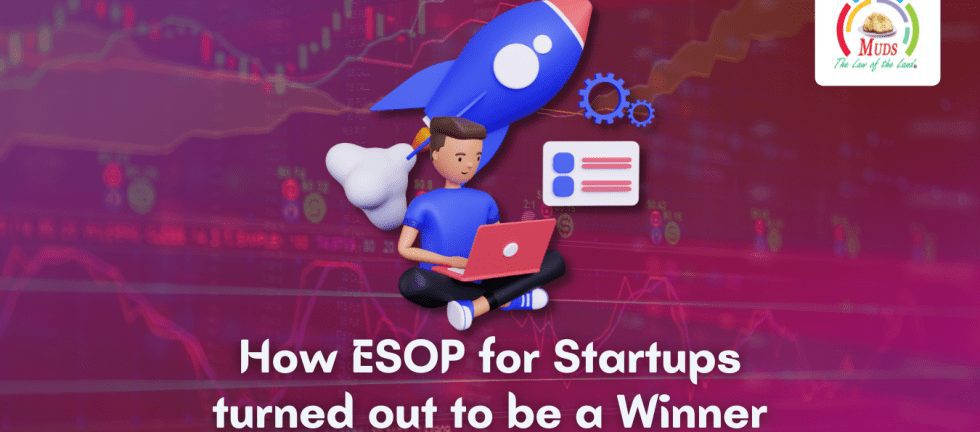How ESOP for Startups turned out to be a Winner
ESOPs and other equity-based compensation instruments are more difficult to comprehend than other forms of payment. At the same time, because it is a pricey tool, it must be utilised with caution. Who should be covered, in a nutshell? is to share it with people who understand and recognise its worth. This question may be answered from a variety of perspectives. Esops for start-ups came in a trend in 2020. We have seen top start-ups issuing esops for startup employees all around the world.
The most popular motivations for organisations providing ESOPs are to recruit, retain, and incentivize talent, to encourage employee ownership, and to share the wealth earned. We can respond to who should be covered if we tie it to the reasons for why they are offered. Depending on the purpose, you should provide ESOPs to people you wish to recruit (perhaps at a lower salary than they are worth), keep for a longer period of time, or encourage in addition to regular compensation.
ESOPs are commonly employed as a distinguishing component of pay. You may not have much discretion in the remuneration slabs if you want to differentiate across employees with the same position or classification. To minimise partiality, businesses should develop well-defined and clear selection criteria. ESOPs, which are discretionary in nature, can be used in this situation.
Because ESOPs are intended to assure long-term success, they should be distributed to people who will ensure it. If the goal is to foster broad-based employee ownership (every employee should feel like an owner), the coverage must be extensive, encompassing practically everyone in the firm.
One of the most under-communicated elements of ESOPs is the lack of confidence about benefit realisation. Benefits are directly related to a growth in the value of a company, not necessarily to its performance. There are countless examples of corporations that perform well yet are undervalued on the stock market, and vice versa. It is also critical to recognise the presence of business cycles, as well as the associated uncertainties and ups and downs. It is critical to cover just those employees who are aware of these facts. If this lack of link is not recognised, the absence of advantages despite performance will be counterproductive and will hurt the spirit of presenting the Plan. Those who do not understand and appreciate the benefits and limits of ESOPs, on the other hand, would prefer cash in hand (liquidity) to shares with uncertain liquidity.
Coverage decisions are also influenced by the available pool. A small pool can service fewer personnel for a longer length of time or a bigger group for a shorter amount of time. Given that it is a long-term incentive mechanism, maintaining the pool for a longer period of time should be the preferable option.
Many businesses make the mistake of covering more in the first enthusiasm, only to find it impossible to maintain coverage because of an inadequate pool. It is usually easier to expand the pool later than to discontinue an incentive after it has been granted.
Features of ESOPs
- Employees receive ESOPs at no cost. They are a component of an employee’s CTC (Cost to Company).
- The vesting date is the day on which the employee may exercise their ESOP and convert it into company stock. The grant date, on the other hand, is the date on which the ESOP is awarded as a result of a legal agreement between the employer and the employee.
- ESOPs might be partially or completely exercised.
- Employers can offer ESOPs to certain workers or to all employees, depending on their recruitment strategy.
- In some situations, ESOPs can be exercised in stages, i.e. in instalments over a set length of time.
- The exercise price or grant price is the price at which employees can purchase a company’s shares through ESOPs.
- It is not required for employees to exercise their ESOPs
- Constitution of Trust
- Formation of ESOP Plan
- Identification & Appraisal of Eligible Employees
- Valuation of Company
- Creation of ESOP pool
- Documentation & Granting of ESOPs


